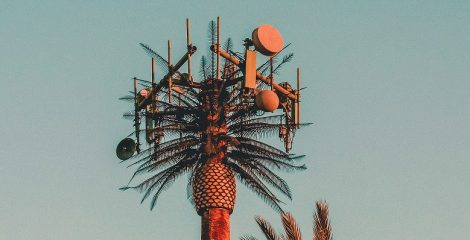Saudi agritech startup Red Sea Farms has announced it will build a 21,000 square foot greenhouse facility. The project is being developed in collaboration with the King Abdullah University of Science and Technology, the Research Products Development Company and the KACST Innovation Research Program.
The new greenhouse will allow Red Sea Farms to further develop its sustainable farming technique that can grow tomatoes using significantly less freshwater, energy and land than traditional greenhouses.
The environmental footprint of our tomatoes might just be the lowest in the world—and they taste better too.
Mark Tester, co-founder of Red Sea Farms
To do this, the agritech startup uses hydroponics and saltwater in its greenhouses instead of freshwater. This can save up to 90% in freshwater as well as reduce energy usage by two to six times, according to the company.

“Water is so precious,” Mark Tester, co-founder of Red Sea Farms, said. “The ability to use saltwater in new ways is essential for sustainability. We use 90 percent less freshwater. We substitute saltwater in greenhouse-cooling technology developed by my co-founder, Ryan Lefers. The result is that the environmental footprint of our tomatoes might just be the lowest in the world—and they taste better too.”
Red Sea Farm’s methods can grow cherry tomatoes that are organic, pesticide-free and not genetically modified. Moreover, its tomatoes are naturally sweeter, contain more Vitamin C and last longer on the shelf.
The bigger picture

Across the Middle East and North Africa, sustainable farming solutions are becoming increasingly sought-after. 12 of the world’s 17 most water-scarce regions are located in the MENA. In addition, many local countries import the majority of their food with imports expected to double to $70 billion per year by 2035. So, many in the region are turning to hydroponic farming as a sustainable solution to local agricultural issues. This is because of its substantially lower water and pesticide usage.
For more agritech coverage check out…
- Hydroponic Farming: An Ancient Solution to a New Problem
- Abu Dhabi Investment Office Injects $1 Million in Agritech Industry
- Pure Harvest Smart Farms Raises $20.6 Million Series A Funding
If you see something out of place or would like to contribute to this story, check out our Ethics and Policy section.














